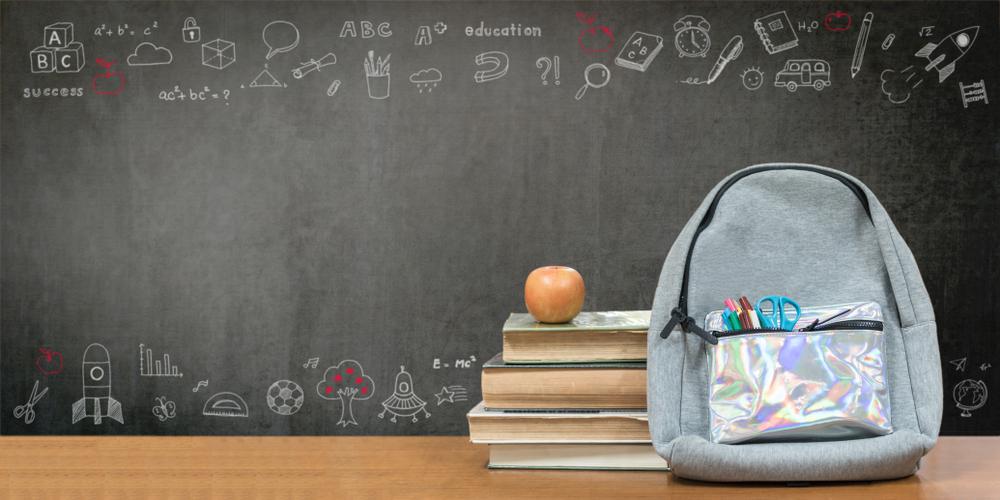Cognitive Development Normal Writing Worksheets for Ages 5-8
6 filtered results
-
From - To
Boost your child's cognitive development with our engaging, expertly crafted writing worksheets for ages 5-8. These activities are designed to enhance critical thinking, language skills, and creativity, while making learning fun. Our comprehensive collection helps kids recognize patterns, improve memory, and develop logical reasoning. Utilizing colorful graphics and varied exercises, these worksheets promote an early love of writing and problem-solving. Perfect for both classroom and home use, they cater to individual learning styles, ensuring each child can progress at their own pace. Invest in your child's future with our scientifically backed educational resources today!
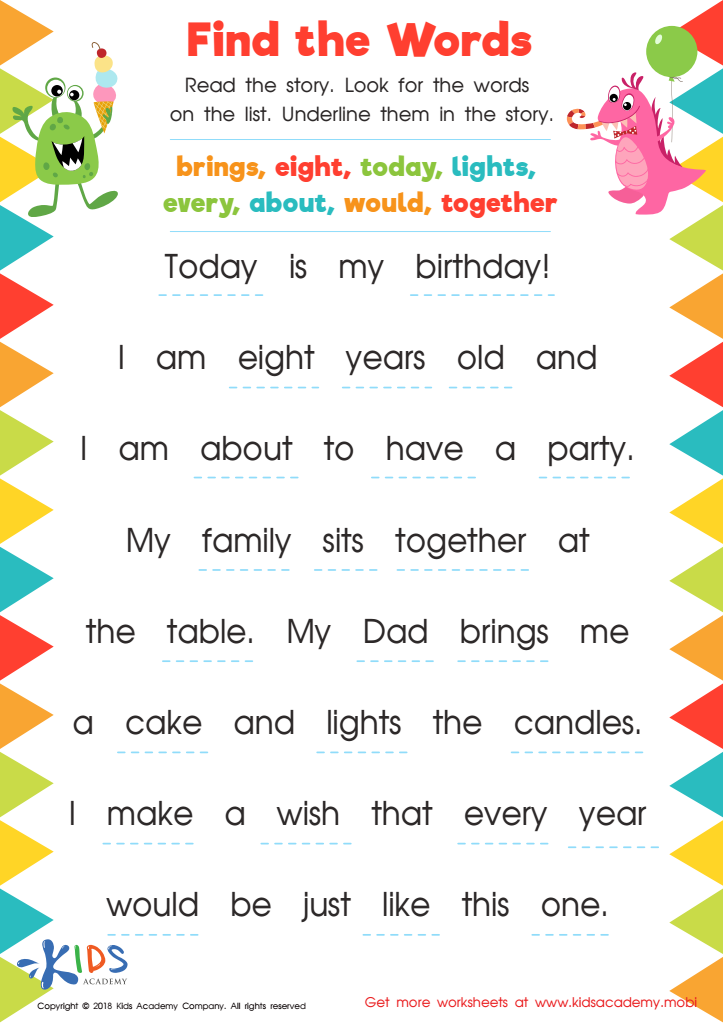

Find The Words Printable Worksheet
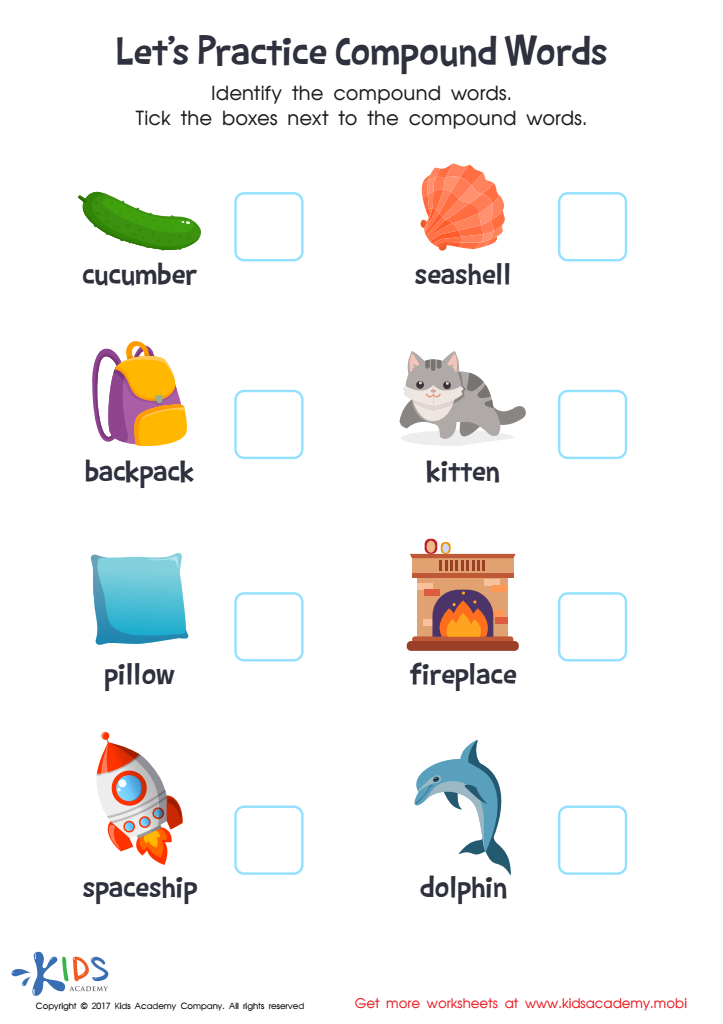

Let's Practice Compound Words Word Structure Worksheet
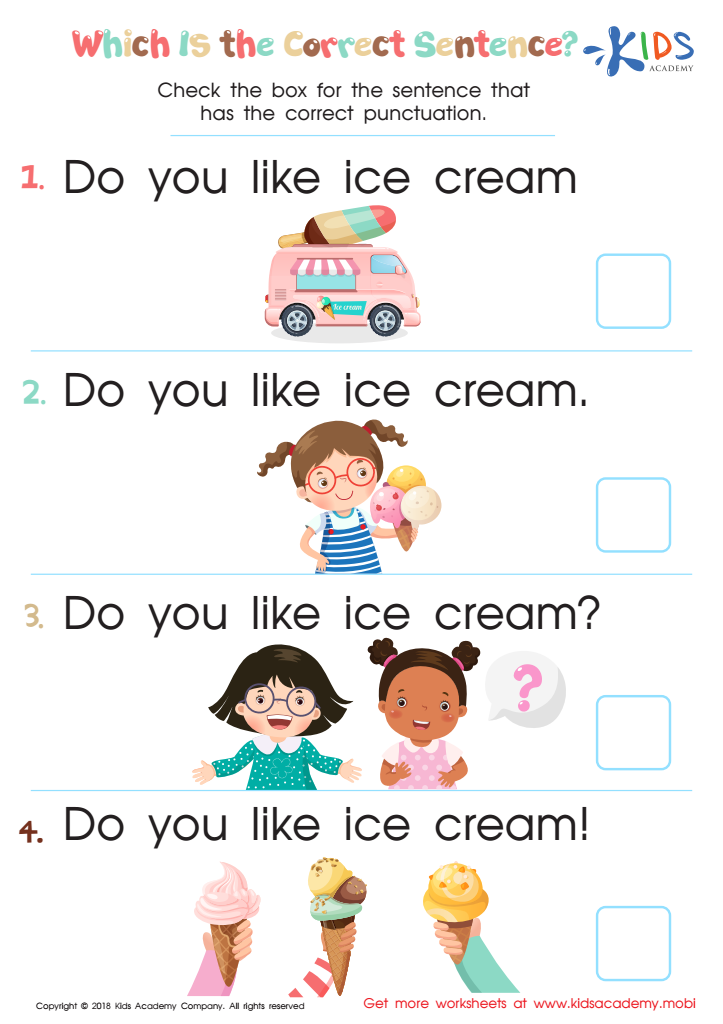

Which is the Correct Sentence? Worksheet
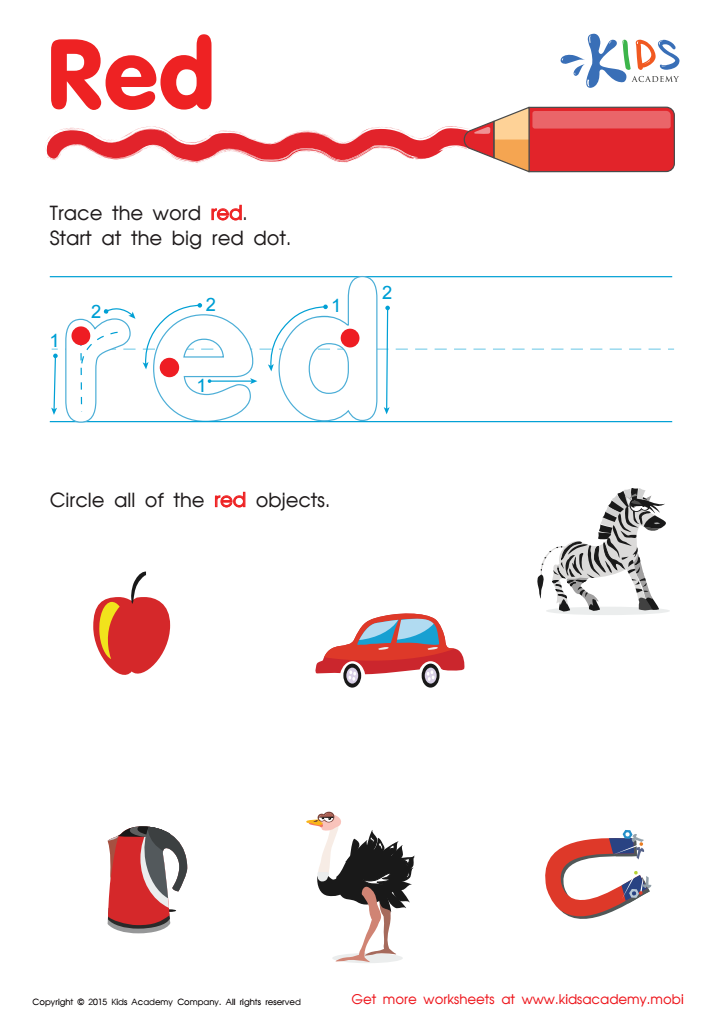

Red Tracing Color Words Printable
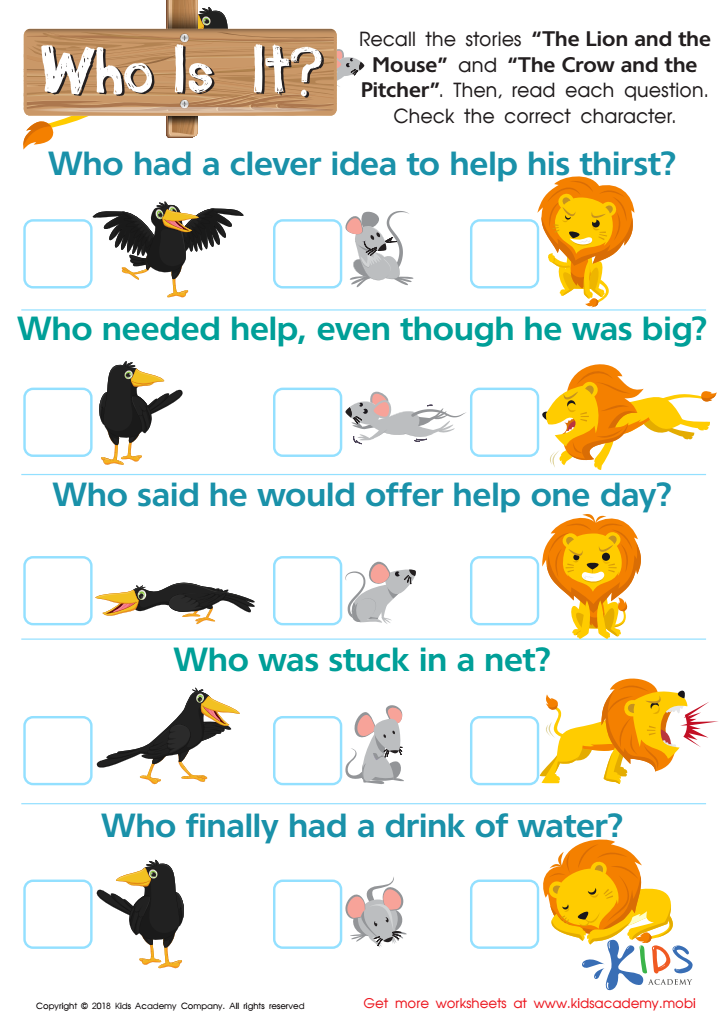

Who Is It? Worksheet
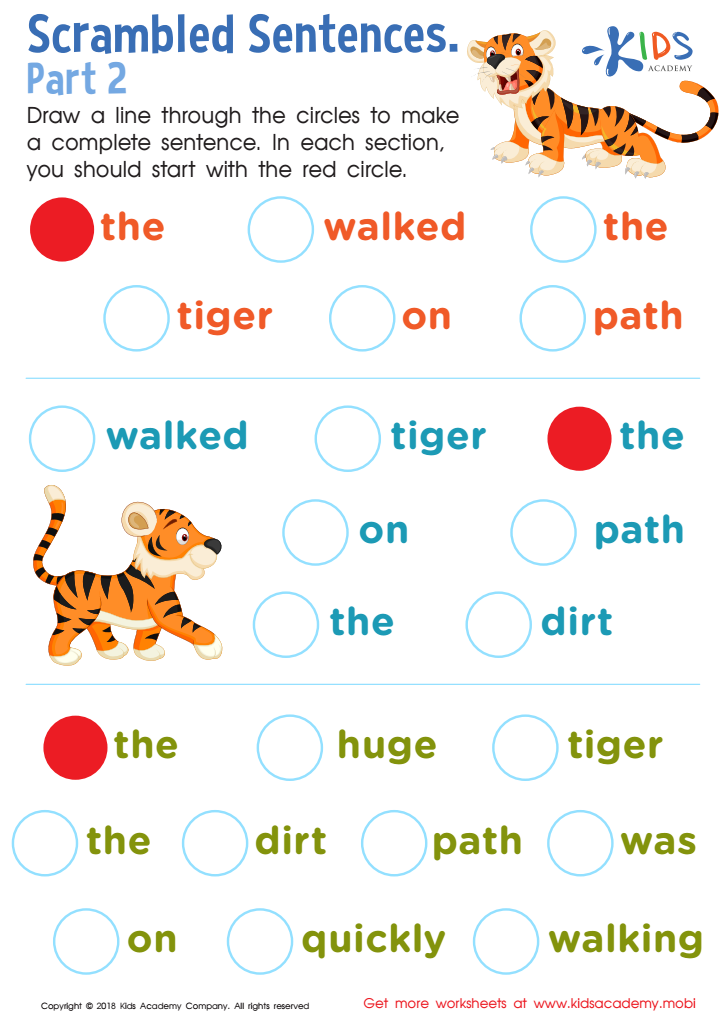

Scrambled Sentences Part 2 Worksheet
Cognitive development for children ages 5-8 is crucial because it sets the foundation for future learning, mental health, and well-being. At this stage, children's brains are incredibly adaptable and are developing rapidly. This period marks significant milestones in thinking, understanding, and problem-solving abilities. Fostering proper cognitive development at this age ensures that children acquire essential skills such as attention, memory, and critical thinking.
Parents and teachers play a vital role in nurturing these skills. Supplying stimulating activities, integrating play-based learning, and encouraging curiosity helps children build robust cognitive bridges. For instance, reading stories enhances vocabulary and comprehension, while puzzle-solving improves critical thinking and problem-solving abilities. Math-related games can develop logical reasoning, while interactive social experiences teach cooperation and empathy.
Neglecting this development can lead to struggles in academic and social settings, as cognitive skills are directly linked to a child’s performance and adaptability in school. Ensuring proper cognitive development empowers children's confidence, creativity, resilience, and ability to process complex concepts, ultimately guiding them towards becoming competent and emotionally balanced individuals. Parents and teachers should prioritize and be actively engaged in this process, providing a nurturing environment rich in learning opportunities and emotional support.
 Assign to My Students
Assign to My Students





